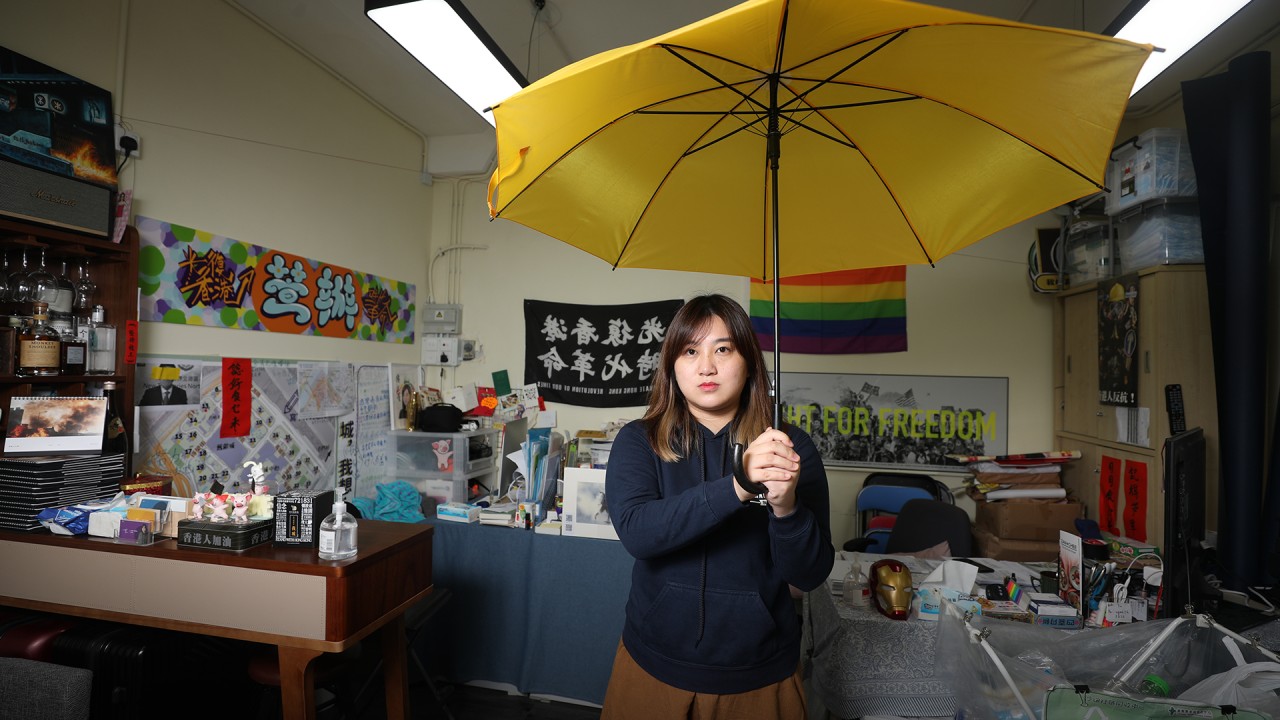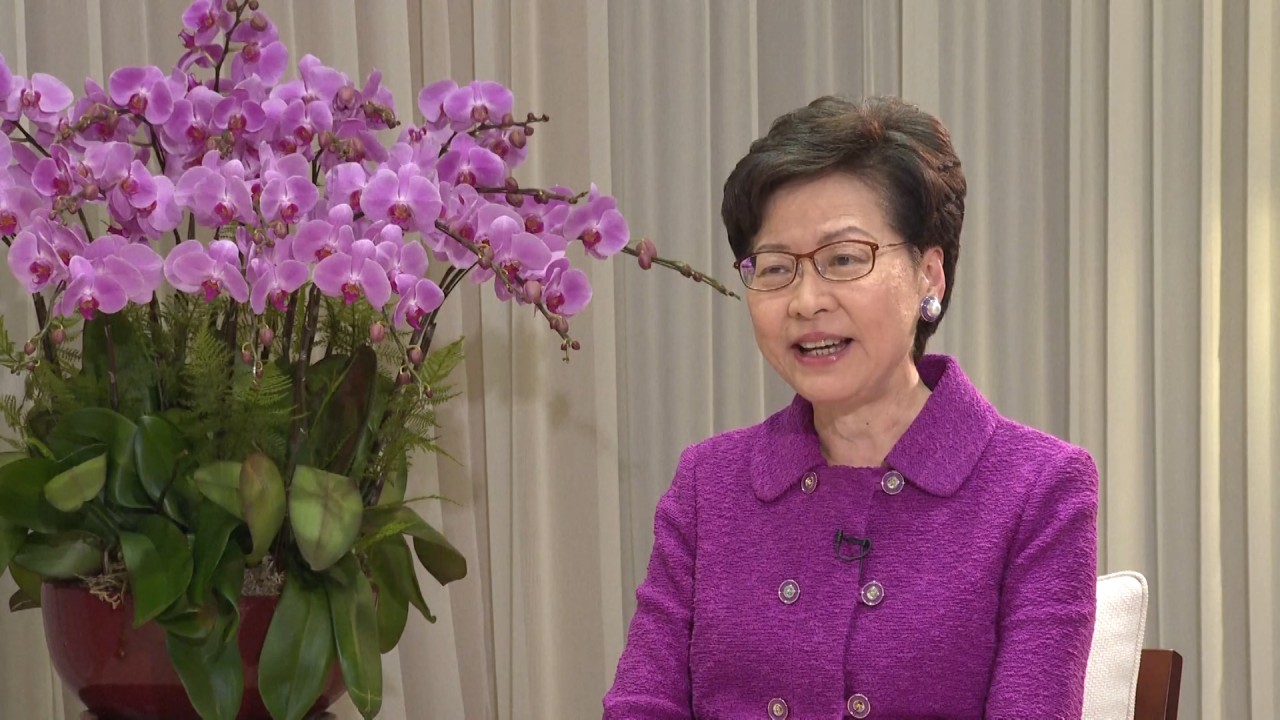
Electoral reform a time for Hong Kong’s democrats to reinvent themselves
- Beijing’s severe response to the raucous demand for democracy in Hong Kong is probably beyond the expectations of many pan-democrats
- They need to be more strategic and pragmatic, and to engage better with the mainland. Progress is stalled for now, but history shows a breakthrough is possible
Further, a total of 300 local delegates to national political institutions and local branch representatives of national organisations will join the committee to safeguard “national” interests.
Hong Kong has no alternative to ‘laam chau’ and Beijing’s intervention
By recharging the Election Committee and making it more oriented towards national interests, Beijing hopes to ensure the local polity will not get out of control again. This is a typical post-conflict or post-rebellion response; central authority is imposed, short of provisional direct rule, as seen, for example, in Catalonia after its unconstitutional pro-independence referendum in October 2017 was annulled by the Spanish national government.

Under the new electoral rules, the existing pro-establishment parties may not be the majority in the legislature, either. Much will depend on the future composition of the Election Committee and how it operates.
Some expect the revamped committee, by virtue of its role in electing both the chief executive and, soon, a sizeable number of legislators, to shore up the executive-led system. This is wishful thinking.
The present Election Committee is a loose set-up that becomes dormant once it has discharged its election function. It can only play a vigorous role in bringing the executive and legislature together if it acts as a closely knit caucus – which it is not. And who will coordinate and mobilise the committee to act as a power chamber?
As the pan-democrats’ room for manoeuvre dwindles and “patriot”-screening is introduced, future pan-democrat politicians in the system would be, by definition, patriotic. The pro-establishment camp will lose their long-standing role of counterbalancing a disloyal pan-democratic force and of being the sole custodian of national interests.
If Beijing is keen for the establishment camp to form a strong coalition with the chief executive, these parties must become more serious about their policy platform and go beyond attracting votes by merely shaming and blaming officials.
They will gain in policy influence and cabinet appointments, but also bear the pain of being held partly responsible for any government hiccup or policy failure. Or else they have to be more vigilant in supervising the government.
As for the pan-democratic parties, they can still win some seats, given their popular support base, but they must rethink their role in the future legislature as a much smaller minority. Moreover, those who choose to stand for election are likely to be accused by radical members of their camp of legitimising an unfair system.
Why Hong Kong’s firebrand localists have exploded onto the political scene
The pan-democrats must articulate a new narrative that can inspire hope and confidence. They need to show that politics is the art of the possible.
Doomsayers abound. It is easy for some, especially foreign commentators, to conclude that the electoral reform amounts to a death knell for the democrats and even for Hong Kong. But history does not work that way.
One should not forget that the pro-democracy movement started in the 1970s and 1980s, from almost nothing; back then, the subdued colonial legislature was entirely appointed by the British administration. Many early democrats supported reunification with China and were fully prepared to work for democracy within an uncertain post-1997 system.

Democratic progress may be stalled for now, but it will not evaporate if a new breed of committed politicians and civil society leaders do not lose faith and make the best of the system. They need to be more strategic and pragmatic, and engage better with the mainland.
It is not the beginning of the end but the end of a new beginning – to strive for a sustainable political future for Hong Kong as part of China, against all odds. The city’s democratisation cannot go far if it is seen by China as a threat. Right now, mutual trust is fragile. Rebuilding trust is the most daunting task.
Anthony Cheung is research chair professor of public administration at the Education University of Hong Kong and a former secretary for transport and housing (2012-17)



